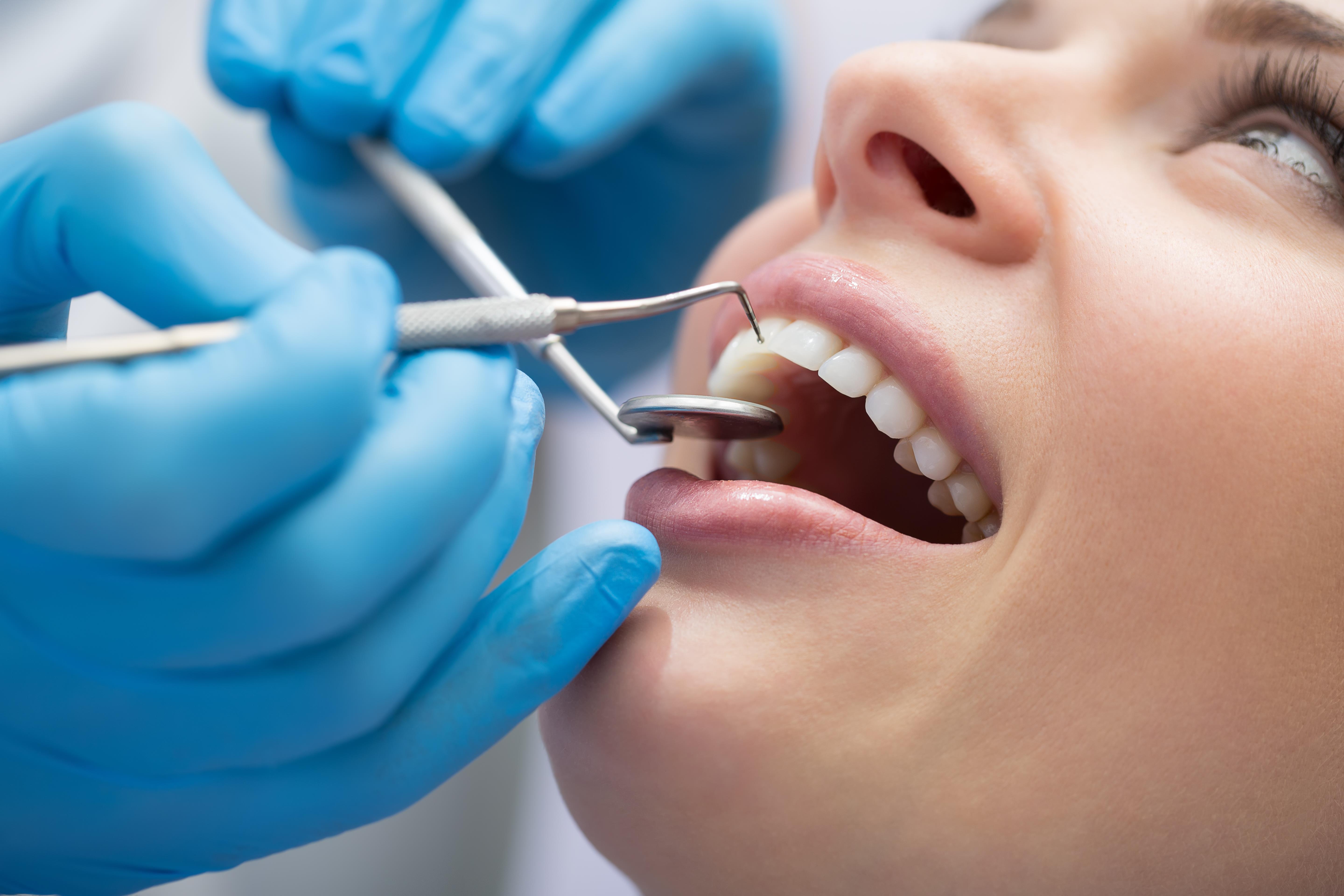Meet Your Friendly Community Dentist Eugene OR and Their Providers
Meet Your Friendly Community Dentist Eugene OR and Their Providers
Blog Article
Find Out About Regular Dental Problems Your Dentist Can Deal With
Comprehending regular dental issues is vital for keeping ideal oral health. Issues such as cavities, gum tissue condition, tooth level of sensitivity, bad breath, and dental caries are typical yet commonly ignored until they become extreme. Dentists have the experience to detect and treat these conditions, thereby preventing more issues. Routine oral brows through and individualized care plans can attend to these issues efficiently, ensuring a much healthier and brighter smile. However what particular therapies do dental experts employ to combat these concerns, and how can early treatment make a difference? The solution to these inquiries provide valuable insights right into securing your oral health.
Cavities
Dental caries, likewise known as cavities, are a widespread dental health concern triggered by the demineralization of tooth enamel as a result of acid manufacturing from bacterial plaque. This procedure begins when microorganisms in the mouth metabolize sugars and starches from food, generating acids that wear down the enamel. Otherwise attended to quickly, this disintegration can penetrate much deeper into the tooth, impacting the dentin and eventually the pulp, possibly leading to serious discomfort and infection.
The onset of tooth cavity development typically present as white areas on the tooth surface area, indicating initial demineralization. As the procedure progresses, these places can turn into black or brownish lesions, symbolizing a lot more considerable decay. Normal dental exams are important for very early discovery, as dental caries in their incipient stages can be treated with remineralization methods, such as fluoride therapies.
Once a dental caries has developed, corrective treatment is necessary. Dentists normally remove the decayed part of the tooth and load the dental caries with materials such as composite resin, amalgam, or ceramic. In much more serious instances, a crown or origin canal treatment may be needed. Preventative steps, consisting of excellent dental health practices and dietary alterations, play a pivotal function in reducing the risk of tooth cavities.
Gum Illness
While tooth cavities represent a considerable worry for dental health and wellness, one more important concern that demands interest is gum disease. Likewise referred to as periodontal disease, gum tissue illness is an inflammatory condition affecting the cells bordering and supporting the teeth. It is primarily brought on by the build-up of plaque-- a sticky movie of microorganisms that bases on teeth.
Gum condition advances through phases, starting with gingivitis, defined by redness, swelling, and hemorrhaging periodontals (dentist eugene oregon). If left untreated, gingivitis can intensify to periodontitis, where the internal layer of the periodontal and bone retreat from the teeth, creating pockets that end up being contaminated. Gradually, the toxins generated by the bacteria break down the bone and connective tissue that hold teeth in location, possibly causing missing teeth
Very early detection and therapy are essential. Specialist dental cleansings and boosted oral health techniques, such as brushing two times daily and flossing, can handle gingivitis. For even more advanced stages, therapies may include scaling and origin planing, antibiotics, or also surgical treatments.
Normal oral examinations play a critical role in handling and protecting against periodontal condition. Dental professionals can recognize very early signs and suggest ideal treatments, ensuring the maintenance of healthy gum tissues and total oral health and wellness.
Tooth Sensitivity
Tooth level of sensitivity influences millions of individuals worldwide, presenting a common yet commonly distressing dental issue. This condition arises when the enamel, the outermost protective layer of the teeth, is jeopardized, exposing the underlying dentin. The dentin includes microscopic tubules that lead directly to the oral pulp, where nerves live. When revealed to stimuli such as warm, cold, sweet, or acidic compounds, these nerves are activated, creating sharp pain or discomfort.
Several factors contribute to enamel disintegration and succeeding tooth sensitivity, including aggressive cleaning, acidic foods and drinks, periodontal recession, and bruxism (teeth grinding) Additionally, oral treatments such as teeth bleaching can temporarily heighten sensitivity.
Foul-smelling Breath
Another common dental issue that affects people' everyday lives is poor breath, clinically described bad breath. Bad breath usually stems from inadequate dental health, which permits food fragments to continue to be in the mouth, cultivating microbial development.

Dentists play an essential duty in diagnosing and dealing with halitosis. They can determine the source through a detailed evaluation and supply customized advice and treatment strategies. Referrals may involve enhancing dental health techniques, such as normal brushing and flossing, using antibacterial mouthwashes, remaining moisturized, and resolving any kind of dental problems. In many cases, a reference to a specialist may be needed to take on underlying illness adding to bad breath. Efficient management of bad breath not just boosts dental wellness yet additionally dramatically boosts top quality of life.
Tooth Decay

Avoiding dental cavity entails a combination of great oral hygiene practices and regular oral exams. Cleaning teeth at the very least twice daily with fluoride toothpaste, flossing to remove plaque in between teeth, and restricting the consumption of sweet foods and beverages are important Resources safety nets. Fluoride treatments, dental sealers, and expert cleansings given by a dentist can additionally play a substantial function in fortifying enamel and preventing decay.
Dental experts can get rid of decayed cells and recover the tooth with fillings made from materials such as composite resin, amalgam, or porcelain. By addressing tooth degeneration promptly, dental practitioners help maintain oral framework and feature, making certain long-term oral health.
Final Thought
Dealing with common dental problems such as tooth cavities, gum condition, tooth level of sensitivity, bad breath, and tooth decay is vital for preserving optimal dental wellness and total wellness. Dental experts possess the know-how to detect and deal with these issues effectively, guaranteeing tailored take care of each person. Normal dental Full Report exams and safety nets are vital in recognizing and managing these worries early, promoting a much healthier and a lot more confident smile over a lifetime.

Tooth decay, likewise known as oral caries, takes place when the enamel, the outermost layer of the tooth, is worn down by acids generated by microorganisms in the mouth. Cleaning teeth at least two times daily with fluoride tooth paste, flossing to remove plaque between teeth, and limiting the consumption of sweet foods and beverages are necessary preventative procedures.Attending to usual dental concerns such as tooth cavities, gum condition, tooth level of sensitivity, negative breath, and tooth decay is critical for preserving ideal oral health and wellness and total wellness.
Report this page